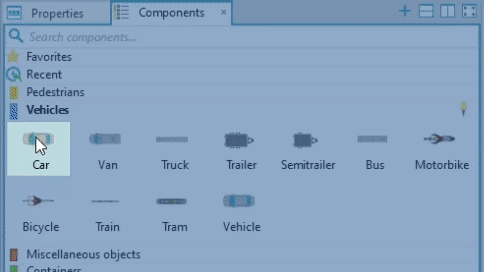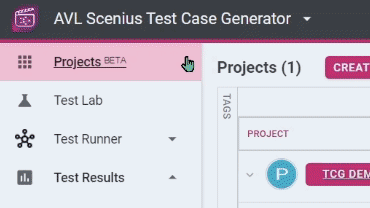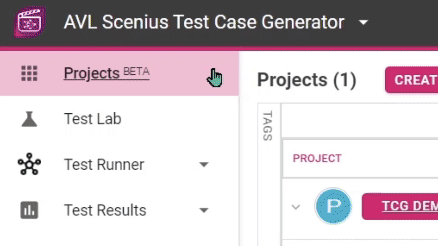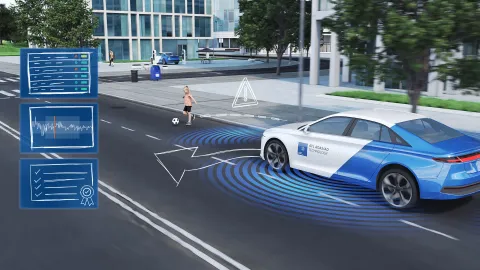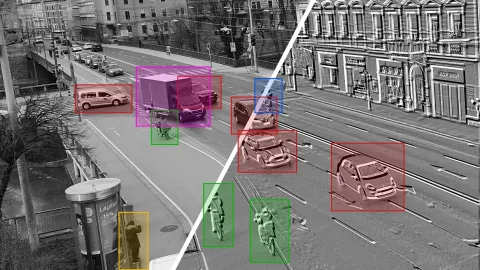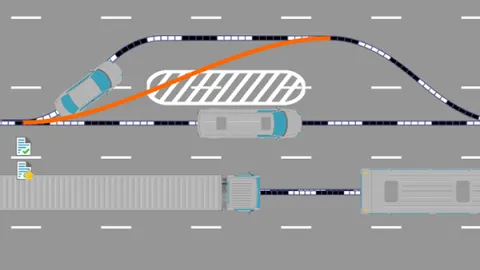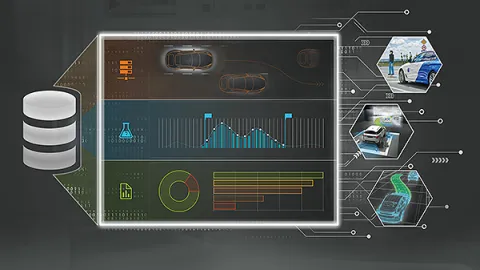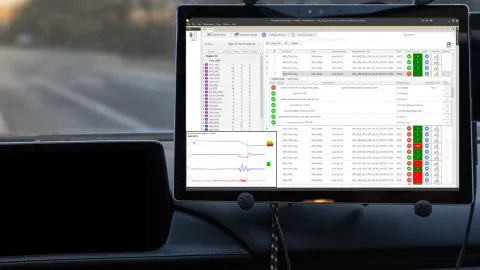SCENIUS for Scenario Creation
Harness the power of efficient scenario design with AVL Scenario Designer
SCENIUS for Structured Test Planning
Go from standard to excellence in scenario management, test planning, and safety evaluation
SCENIUS for Safety Argumentation
A comprehensive framework for successful and reliable validation and homologation



Due to the standards employed for safety and cybersecurity and the in-use software updates, ADAS and AD systems tend to add complexity and additional dimensions to the work involved in automotive development and release processes.
Typical challenges occurring during development and release processes are the requirements for proof that a specific ADAS/AD vehicle or function is safe in all possible situations and constraints within its operational design domain (ODD). Only a well-established verification and validation (V&V) strategy can ensure the high quality of ADAS/AD software required for complying with safety standards.
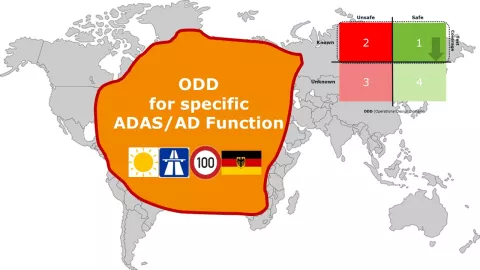
AVL SCENIUS uses a systematic approach that structures and decomposes ADAS/AD vehicle specifications to build-up a test catalogue database and to develop a respective safety argumentation strategy. Furthermore, it implements the ASAM OpenXOntology method to describe the vehicle ODD, which is automatically transformed into appropriate ASAM OpenScenario tests.
In addition, the AVL SCENIUS workflow and methods ensure end-to-end consistency and traceability, from the ODD description via the V&V strategy for virtual and real-world safety assessment, enabling the final release of the system for the specific ODD.
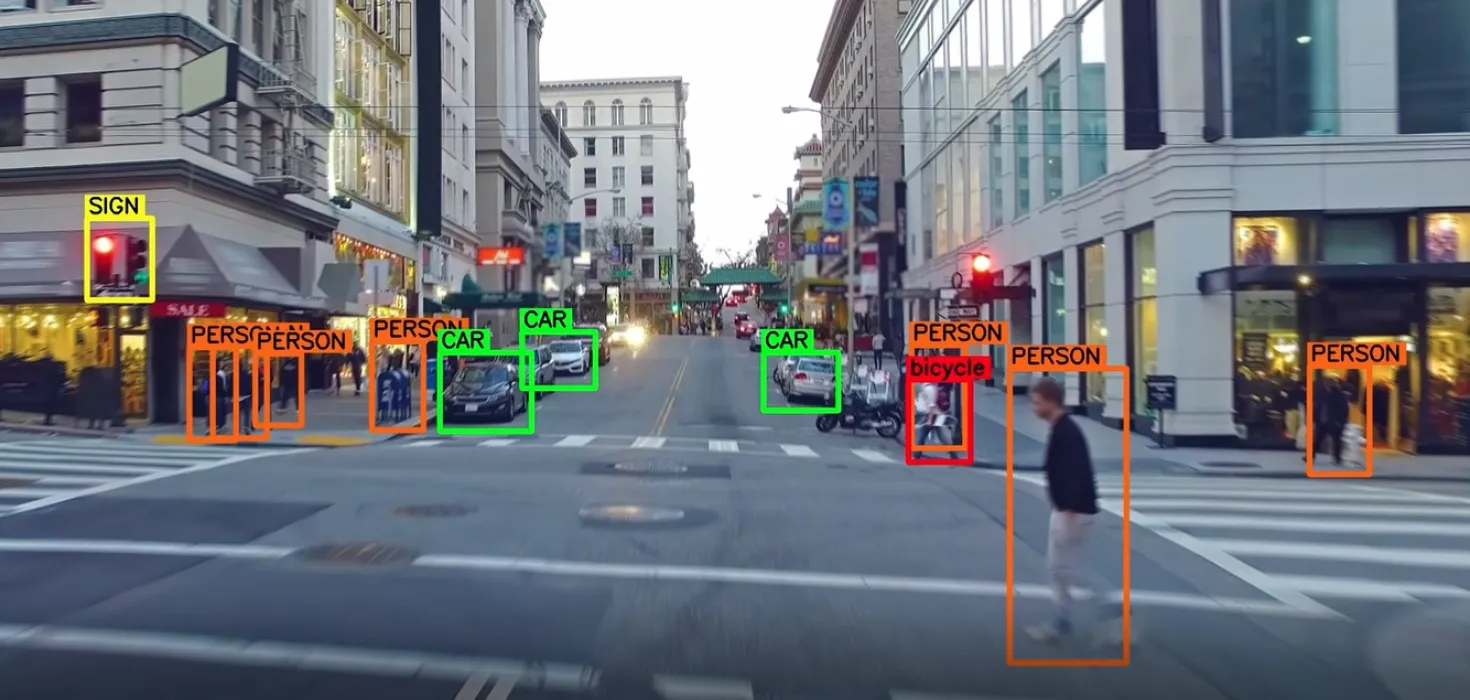
Time and Cost Saving
Supported guidance through requirement analysis, scenario-based workflow and safety assessment
Efficiency
Increased test performance through a variety of smart, reliable testing approaches
Fast Integration
Open and standardized interfaces in different test environments and other data sources
Traceability
Graphical analysis tools and dashboards for test progress, coverage, safety assessment and residual risk
We designed the SCENIUS- suite explicitly to support the management, preparation, documentation, and execution of a range of different scenarios in simulation, on the test track, and on the road. The suite is a set of modules that address different aspects of the validation process:
Easy and Fast Test Scenario Creation
The graphical WYSIWYG software tool helps you to easily create, import, edit, and configurate different and crucial driving and traffic situations for your safety assessment. Furthermore, the AVL Scenario Designer™ supports standardized ASAM OpenSCENARIO- and OpenDRIVE-formats with actors, catalogs, properties, events and triggers.
Optimization through Systematic Testing
We have seamlessly linked our AVL Test Case Generator module with the AVL Scenario Data Manager workflow. It supports you with the implementation of the requirement analysis, the definition of vehicle projects and test orders, and the direct execution in a simulation or transfer into another execution environment. Furthermore, SCENIUS integrates various smart testing algorithms to automatically generate and optimize the individual test cases for the test order.
Fully Compliant to Safety Standards
The innovative, web-based SCENIUS toolchain guides easily and quickly through the V&V-process. Its intuitive user interface guides the validation or testing engineer through the design, execution, evaluation of required testing scenarios in compliance with SOTIF. All the elements relevant for the sufficient description of scenarios such as road content, traffic content or other environmental data are managed and stored in a central database.


